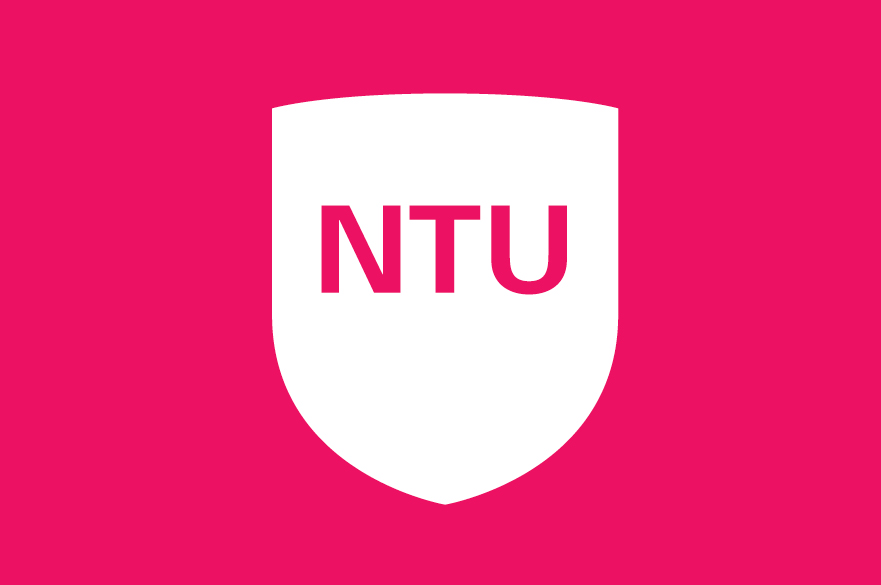Overview
Small and medium-sized enterprises (SMEs) in polluting sectors, such as mining, leather processing, ship-breaking, and textile dyeing, are crucial to the economies of low-income developing countries (LIDCs). They provide jobs, alleviate poverty and drive economic growth. However, poor environmental practices in these sectors contribute significantly to pollution and long-term ecological damage. This proposed PhD research will explore the challenges such SMEs face in balancing environmental sustainability with their socio-economic roles, with a particular focus on the role of informal institutions.
Institutional voids, first defined by Khanna and Palepu (1997), refer to poorly functioning or absent institutional arrangements that create uncertainty, inhibit market participation, and raise transaction costs. In developing countries, these voids arise due to weak formal institutions and inadequate enforcement of rules (Mair & Martí, 2009). While developed countries generally benefit from strong legal and regulatory frameworks, LIDCs often rely on informal institutions—such as social networks, cultural norms and traditional practices—to address gaps in formal governance (Dang et al., 2020; Wiener, 2006).
Informal institutions play a critical role in navigating the challenges posed by formal institutional voids. In polluting sectors in LIDCs, they can either help or hinder SMEs in tackling environmental issues. In some cases, societal norms and relationships with key actors compensate for weak formal rules, while in others, these norms perpetuate exclusion and inequity, such as caste-based barriers to market participation in South Asia (Thapa et al., 2021; De Soto, 2006). The influence of these informal mechanisms is amplified in LIDCs, where uncertainty and unpredictability are more pronounced compared to Western countries (Peng et al., 2008; Zhu & Sardana, 2020).
This proposed PhD could explore how informal institutions influence the environmental practices of SMEs in polluting sectors within LIDCs. Key areas of exploration might include:
- How do informal institutions, such as cultural norms and social networks, compensate for gaps in formal governance
- The role of institutional voids and informal institutions in creating opportunities or barriers for SMEs to improve environmental outcomes.
- The interplay between formal and informal institutions in shaping SMEs’ environmental and social practices.
- Strategies for leveraging informal institutions to foster eco-innovation and sustainability.
Nottingham Business School is triple crown accredited with EQUIS, AACSB and AMBA – the highest international benchmarks for business education. It has also been ranked by the Financial Times for its Executive Education programmes in 2023 and 2024. NBS is one of only 47 global business schools recognised as a PRME Champion, and held up as an exemplar by the United Nations of Principles of Responsible Management Education (PRME).
Its purpose is to provide research and education that combines academic excellence with positive impact on people, business and society. As a world leader in experiential learning and personalisation, joining NBS as a researcher is an opportunity to achieve your potential.
Applications for October 2025 intake closes on 1st July 2025 and applications for Jan 2026 intake closes on 1st October 2025.
Staff profiles
Entry qualifications
Candidates should hold a UK-equivalent master’s degree in social sciences, management, development studies, environmental studies, or any other relevant cognate discipline. They should demonstrate a passion for sustainability and global development and have skills to do qualitative research.
UK: Successful applicants for the PhD in Nottingham Business School normally hold a first or upper second-class honours degree from a UK university or an equivalent qualification. Candidates with a lower second-class degree may apply if they hold a Master’s degree at Merit level or higher.
International: Successful applicants for the PhD in Nottingham Business School normally hold a first or upper second-class honours degree from a UK university or an equivalent qualification. Candidates with a lower second-class degree may apply if they hold a Master’s degree at Merit level or higher.
International students will also need to meet the English language requirements - IELTS 6.5 (with minimum sub-scores of 6.0). Applicants who have taken a higher degree at a UK university are normally exempt from the English language requirements. Applicants who do not meet the English language proficiency requirement will normally be asked to complete an English Language course
How to apply
Applications for October 2025 intake closes on 1st July 2025 and applications for Jan 2026 intake closes on 1st October 2025. Please visit our how to apply page for a step-by-step guide and make an application.
Fees and funding
This is a self-funded PhD project for UK and International applicants.
Guidance and support
For more information about the NBS PhD Programme, including entry requirements and application process, please visit: https://www.ntu.ac.uk/course/nottingham-business-school/res/this-year/research-degrees-in-business
Nottingham Business School is triple crown accredited with EQUIS, AACSB and AMBA – the highest international benchmarks for business education. It has also been ranked by the Financial Times for its Executive Education programmes in 2023 and 2024. NBS is one of only 47 global business schools recognised as a PRME Champion, and held up as an exemplar by the United Nations of Principles of Responsible Management Education (PRME).
Its purpose is to provide research and education that combines academic excellence with positive impact on people, business and society. As a world leader in experiential learning and personalisation, joining NBS as a researcher is an opportunity to achieve your potential.
